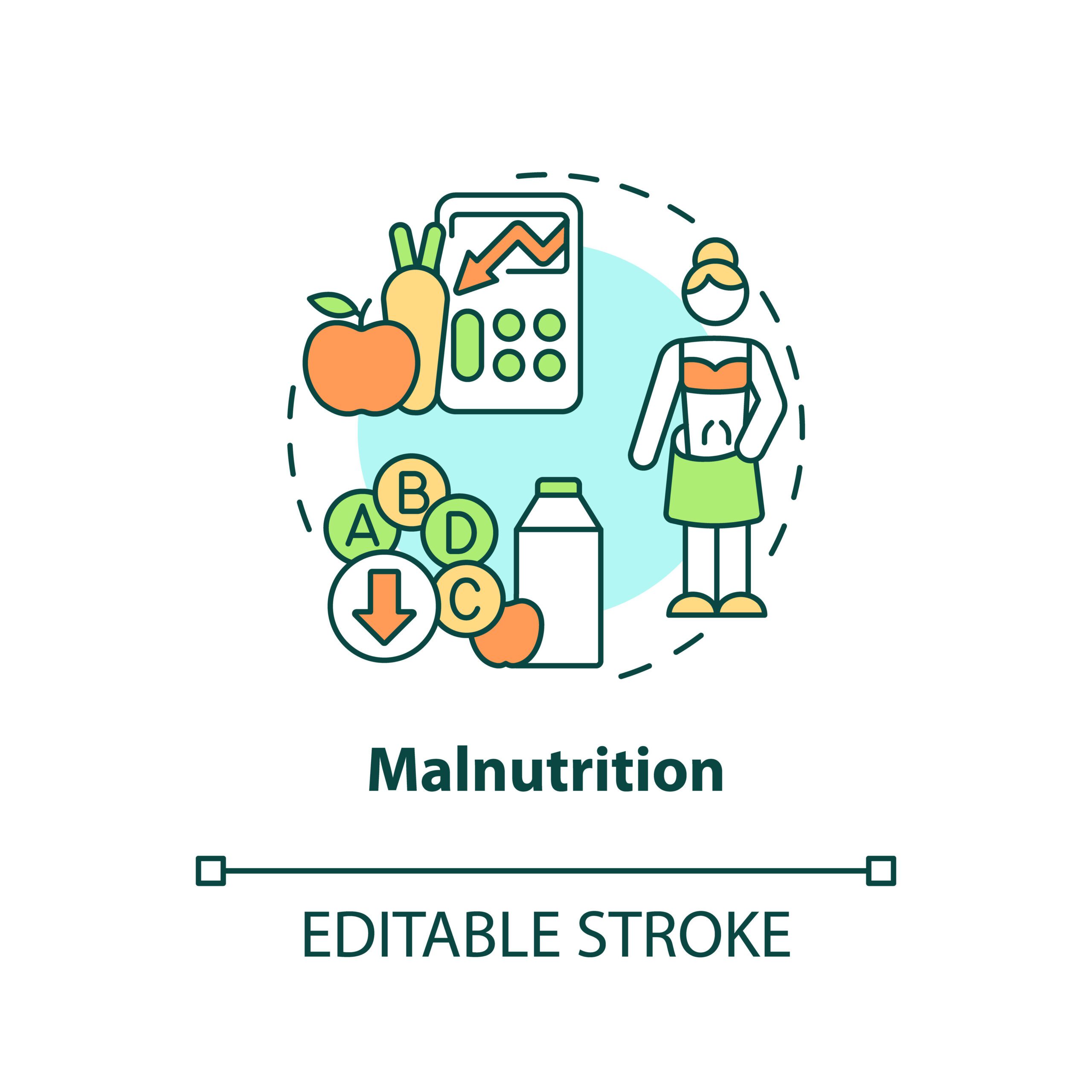The Dark Side of Weight Loss: Unmasking the Side Effects of Ozempic and Wegovy
August 16, 2023
 1392
1392 
Written By: Jack Riess NASM Certified Personal Trainer, Author, and Life Long Researcher of Health and Longevity.
In the world of health and fitness, everyone is always looking for the next big thing to help them lose weight.
Recently, two drugs named Ozempic and Wegovy have been making headlines as the latest trendy solutions for weight loss.
They have quickly gained a lot of attention, with famous people – like movie stars and singers – talking about how these drugs have helped them lose weight.
When a celebrity says they like something, lots of people want to try it!
But here’s a surprise: Ozempic and Wegovy were not actually made to help people lose weight.
They were designed to be a medicine for people who have Type 2 diabetes.
Type 2 diabetes is a condition where a person’s body has trouble using a very important sugar called glucose, and these drugs are meant to help with that problem.
But because they can also lead to weight loss, many people without diabetes are now using them to try to slim down.
Imagine buying a super-fancy pen that is perfect for drawing, but then using it to fix a broken toy.
The pen wasn’t made for fixing toys, and it might not do a very good job at it!
This is similar to what’s happening with Ozempic and Wegovy – they were made for one purpose but are being used in a completely different way.
But just like how using a pen to fix a toy might lead to ink stains or a mess, using Ozempic and Wegovy for weight loss can come with problems.
These problems are called “side effects.”
In this blog, we’re going to look closer at these side effects, and talk about what could happen to someone’s body when they use these drugs to lose weight.
We will learn that losing weight with Ozempic and Wegovy might not be as simple as it seems.
There is a real cost to using these drugs for weight loss, and it’s not just about the money people spend to buy them.
It’s about the effects they can have on a person’s health.

Ozempic and Wegovy are special kinds of medicines known as “semaglutides.”
Big word, right? It’s okay, we just need to know that these are special helpers that doctors give to people who have a certain type of diabetes called “Type 2 diabetes.”
Now, let’s talk a bit about diabetes.
Our body uses something called glucose, which is a kind of sugar, for energy.
To use this glucose properly, our body needs another helper called “insulin.”
Insulin is like the key that opens the door for glucose to enter our cells and give us energy.
In Type 2 diabetes, the body either doesn’t make enough insulin, or the insulin it does make doesn’t work as well as it should.
This is like having a key that doesn’t fit into the lock properly.
That’s where Ozempic and Wegovy come into the picture.
These medicines help the pancreas (that’s a part of your body near your stomach) to release the right amount of insulin at the right time.
When the pancreas gets this help, it’s like we are fixing the key so it fits the lock better, allowing glucose to enter our cells and give us energy the way it’s supposed to.
But here’s where things get interesting.
People started to notice that when they took Ozempic or Wegovy, they were not only managing their diabetes better but also losing weight.
The medicines made them feel less hungry, so they ate less, and that helped them lose weight.
Because of this, many people who don’t have diabetes saw this as a golden opportunity.
They thought, “Hey, if it helps people with diabetes lose weight, maybe it can help me lose weight too!”
So now, Ozempic and Wegovy have become super popular, not just as helpers for people with Type 2 diabetes but also as a secret weapon that some people are using to try to lose weight.
And it’s this newfound fame as a weight loss solution that has made these medicines the talk of the town.
But is using them for weight loss a safe and smart choice?

These medicines, Ozempic and Wegovy, might help people lose weight, but they come with a list of potential side effects that we really need to pay attention to.
These side effects can range from serious problems to more superficial or less severe issues.
Here is a rephrased list, starting from the serious side effects:
Now, let’s talk about a real-life example. Dawn Gentle, a patient who took one of these medicines, faced severe side effects.
In her words, “I was hopeful that this would help me manage my weight, but instead, it landed me in the hospital with pancreatitis and gallstones. It was a nightmare.”
Dawn’s story is heartbreaking.
She wanted to lose weight and improve her health, but her experience turned into a scary ordeal instead.
Pancreatitis and gallstones, which are listed as potential side effects, became a terrible reality for her.
It’s not just something that was written in tiny letters on a paper that comes with the medicine; it actually happened to her, causing severe pain and a hospital stay.
The official prescribing guide of these medicines, which is like the big instruction book that comes with them, also has some warnings that we can’t ignore.
One of the scariest is the mention of potential thyroid tumors, which could sometimes even be cancer.
That’s a big, serious word.
Cancer is when cells in a part of the body grow out of control, and it is a very serious illness.
It’s important to remember that not everyone will experience these side effects, and some people might have different ones.
But these are possibilities, and they are part of the ‘cost’ of using these medicines for weight loss that we must consider.
Before making any decisions about using Ozempic or Wegovy, it is super important to talk with a doctor, who knows all about these medicines and can tell us if they are a safe choice for our bodies.

When we talk about Ozempic and Wegovy, a big topic is what these medicines might do to our stomachs and intestines.
This part of our body is called the ‘gastrointestinal tract,’ but we’ll just call it the ‘tummy area’ here.
Some people who take these medicines have reported side effects in their tummy area that are more than just a little discomfort.
Let’s break down some of the tummy troubles people have experienced:
Now, let’s share a real-life story from Angela Adams.
She started using one of these medicines to help her lose weight and control her blood sugar.
But soon after starting, Angela faced a big problem: constipation.
In Angela’s words, “I was so constipated that it became painful to even move. I had to stop using the medicine.”
Angela’s story is a harsh reminder of what the tummy side effects of these medicines can look like.
It wasn’t just a little tummy ache; it was severe pain that made her daily life really hard.
And because of this side effect, she had to stop taking the medicine that she hoped would help her.
This isn’t just about tummy troubles at home, either. Dr. Laurie A. Keefer, a health expert, sheds light on how these side effects can spill over into a patient’s social life.
Dr. Keefer reports, “Patients have told me how the gastrointestinal side effects have affected their ability to attend social gatherings, or even go to work. They are worried about being far from a bathroom or having an accident.”
Imagine that – skipping a friend’s birthday party or missing days at school or work, all because of the side effects of a medicine.
It could mean not only physical discomfort but also feeling lonely or embarrassed, which can make someone feel really sad inside.
It’s important to know that not everybody taking these medicines will experience these problems.
But for those who do, like Angela, the side effects can be tough to deal with and could really affect their life in a big way.
Just like with other side effects, it’s super important to talk with a doctor before starting these medicines.
A doctor knows lots of things and will help decide if these medicines are a good idea, and they might have tips or other medicines to help with the tummy troubles, if they happen.

Weight loss sounds great, right?
Most people think losing weight will make them healthier and happier.
But with Ozempic and Wegovy, losing weight might not be all sunshine and rainbows.
In fact, it can lead to some pretty big problems, like not getting enough good stuff to eat.
This is called ‘malnutrition,’ and we’re going to dive into it with the help of Renata Lavach-Savy.
Renata talks about how these drugs made her eat way less than before.
“I lost my appetite completely,” she says, “and it became a struggle to consume enough calories each day. I started feeling weak and tired all the time.”
When our bodies don’t get enough food, or the right kinds of food, they don’t have the energy and nutrients they need to work well.
This is like trying to run a car without enough fuel; it just won’t go very far!
And it’s not just Renata; doctors are saying this, too.
These medicines work partly by making people feel less hungry, which means they end up eating less.
But eating a lot less can mean not getting enough important stuff our bodies need to stay strong and healthy.
Dr. Andrew Kraftson, a health expert, emphasizes this.
He says, “Patients using these medications need to be mindful of maintaining a proper diet. It’s not just about losing weight; it’s about staying healthy while doing so.”
This is a fancy way of saying that we should think hard about what we’re eating, even when we’re trying to lose weight.
Our bodies need a good mix of different foods to keep everything running smoothly, like fruits, veggies, proteins, and grains.
Imagine a garden. If we only water the flowers but forget about the trees, the whole garden won’t thrive.
Our bodies are the same way; they need a balanced diet to be at their best.
So, losing weight with these drugs can come with a big catch: the risk of not feeding our bodies what they need to be happy and healthy.
And that’s a really big deal, something to think and talk about with a doctor before starting these medicines.

Losing weight with Ozempic and Wegovy doesn’t just affect our insides; it can change how we look on the outside, too.
And these changes aren’t always the ones people are hoping for.
One strange effect some people have noticed is something called the “Ozempic old face” phenomenon.
It’s just what it sounds like: some folks say that after taking these medications, their face seems to age quickly.
And that’s not the only unexpected change.
Let’s hear from Jennifer Berger and Jessica, who are both users of these drugs.
Jennifer explains, “After losing weight with Ozempic, I started to notice my face looking older, almost as though it lost its youthful plumpness.”
And it’s not just the face; Jessica, a 40-year-old user, had something surprising to say: “My rings became loose, and my fingers appeared to be shrinking. It was beyond weird.”
Now, imagine looking in the mirror and seeing a face you don’t recognize or noticing your hands look different.
That can be really hard to handle.
These changes can make people feel sad, stressed, or even angry.
The emotional and psychological toll these changes can have is significant.
Imagine being excited to lose weight but ending up feeling like you’ve traded one set of problems for another.
Instead of feeling happier and more confident, some people may feel like they’ve lost a part of themselves, or like they’re wearing a mask that they didn’t choose.
This is a big, big deal. For many people, our faces and bodies are closely tied to our sense of self – who we are.
A sudden change can shake that sense of self, like an unwelcome guest barging into our lives without even knocking.
So, while these drugs might help with weight loss, they can also bring about changes that are hard to predict and even harder to live with.
As always, it’s important to have a deep conversation with a healthcare professional before making a decision as big as this one.

The use of Ozempic and Wegovy is like a modern fairy tale, but instead of ending with “happily ever after,” the story is more complicated.
Initially designed as treatments for Type 2 diabetes, these medications are now making waves as weight loss solutions, enticing many with the promise of quick results.
But, as we’ve discovered, the reality is not quite so rosy.
From serious issues like pancreatitis and thyroid tumors to uncomfortable gastrointestinal problems and unexpected aesthetic changes, the side effects of Ozempic and Wegovy are as diverse as they are concerning.
For some people, the price of that lost weight might be steep, presenting not just physical discomfort but emotional distress as well.
Here lies the core reminder: Ozempic and Wegovy were developed for people battling Type 2 diabetes, not for those looking for a shortcut to weight loss.
They are not magic pills but powerful medications with real, substantial effects on the body.
Novo Nordisk, the company behind these drugs, issued a statement that is important to consider: “Our medications are developed with the intent to provide a meaningful treatment option for people with serious chronic conditions, and we encourage patients to discuss all potential benefits and risks with their healthcare provider.”
Reflecting on this, it brings into the spotlight the responsibilities of pharmaceutical companies and prescribers.
It’s not just about promoting a product; it’s about ensuring the well-being of those who use these medications.
In this ever-evolving landscape of health and medicine, the duty to do no harm remains paramount.
So, as a cautionary note to end our exploration: if you are considering Ozempic, Wegovy, or a similar treatment, make it a priority to have a thorough, honest conversation with a healthcare professional.
Understand the full scope of what you’re signing up for, and ensure that the benefits truly outweigh the risks for your unique situation.
THCV, The Natural Ozempic/Wegovy Alternative
Did you know there was a completely natural weightloss supplement that just hit the market?
It contains THCV, the “Reverse Munchies” cannabinoid that doesn’t get you high. It can only be harvbested from rare 300 year old hemp plants found in the foothills of the Himalayan mountains.

A new study suggests that a widely used sugar substitute found in diet sodas, chewing gum, and low-sugar yogurt may elevate insulin levels. This could increase the long-term risk of heart disease. “Artificial sweeteners have infiltrated nearly all types of food, making it crucial to understand their long-term health effects,” said Yihai Cao, senior author […]

Diet Coke has long been a fan-favorite among soda lovers who want a fizzy, guilt-free alternative to traditional soft drinks. While its zero-calorie, zero-sugar label makes it seem like a healthier option, the reality is far more concerning. Despite its undeniable popularity, Diet Coke’s nutritional profile has raised red flags among health experts for years. […]

New study shows that embracing an anti-inflammatory, plant-forward diet can support cognitive function and help reduce the risk of dementia. What You Eat Shapes Your Brain The food you eat doesn’t just impact your body—it also affects your brain. Research suggests that eating an anti-inflammatory, plant-based diet can help improve memory, focus, and overall brain […]